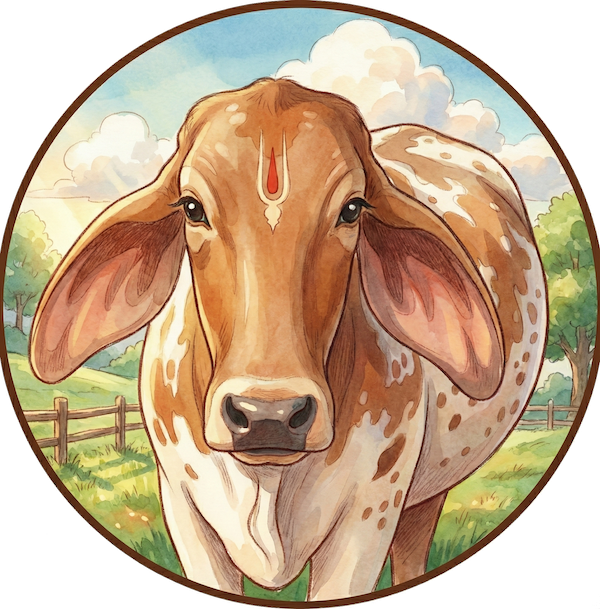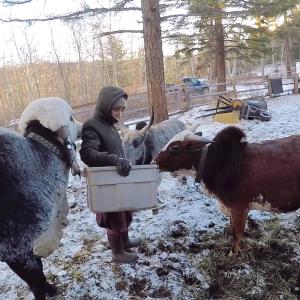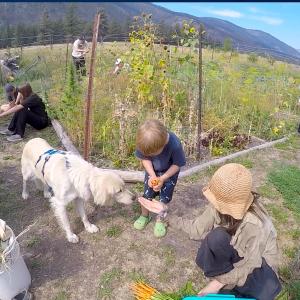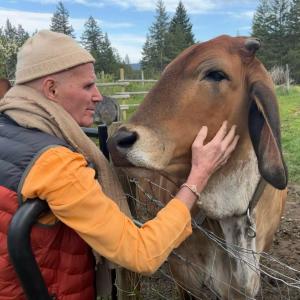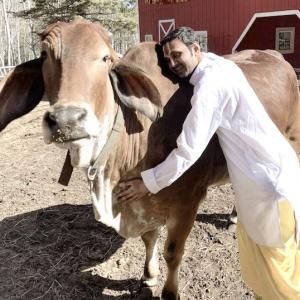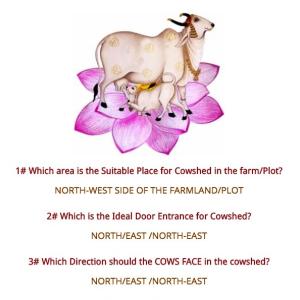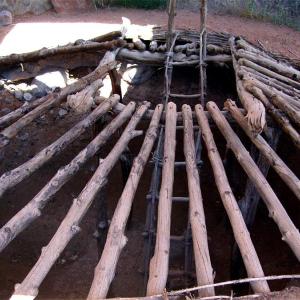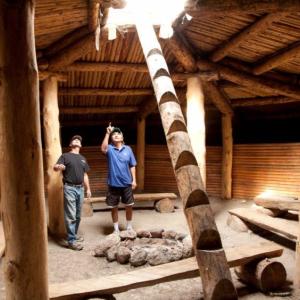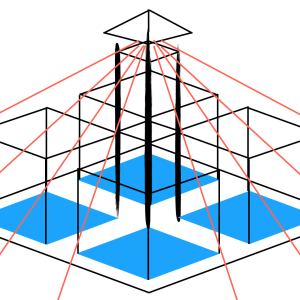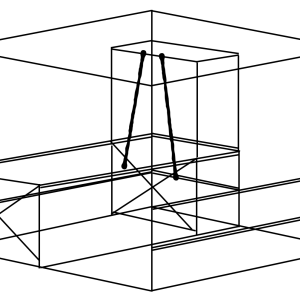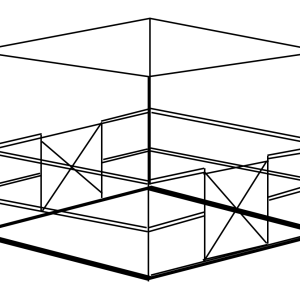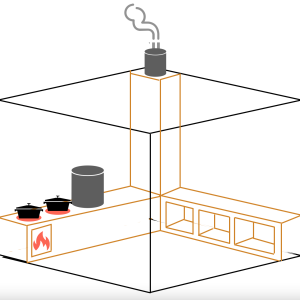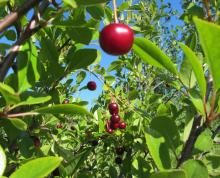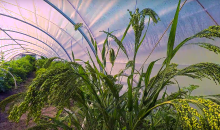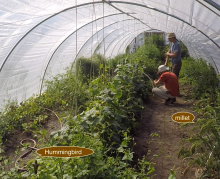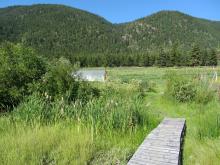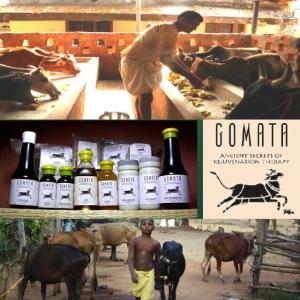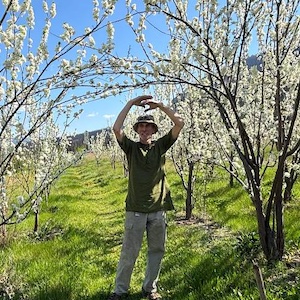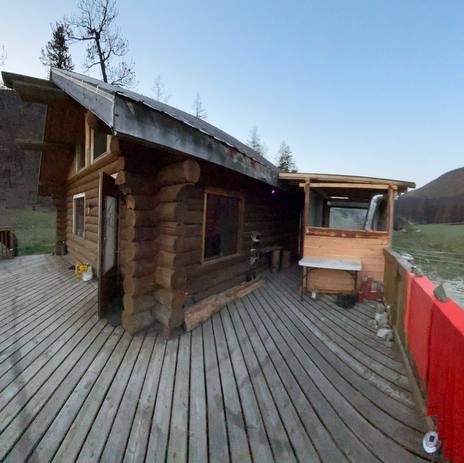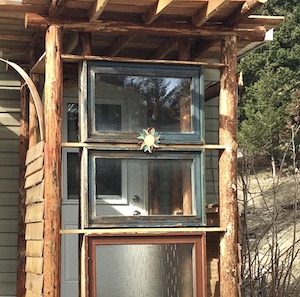Establishing Vedic Society
We are striving for economic self sufficiency to fulfill the material and spiritual needs of our community and the next generations. Opportunities for serving cows, pilgrims, eco tourism, farming, timber framing, cob building, tent raising, and landscaping are unlimited. We are seeking people to help build eco village infrastructure and expand farming, cow care, ox power and food sovereignty. Key developments are cows barns, grazing land fences and a Goshala foundation in the colony. Our building projects and facilities for volunteers are advancing thanks to our mill and abundant lumber.
Two major factors determine the success or failure of all village communities: to adopt or to forsake: 1) Vedic Education and 2) Vedic Economy.
The formula for Vedic Education is both academic-based (for Brahmanas and Kshatriyas) and apprenticeship-based (for Vaisyas and Sudras). The formula for Vedic Economy is based on krishi, natural agriculture and go rakshya, cow protection. Failure to adopt both will lead to disintegration of Vedic village culture and Vedic lifestyle.

